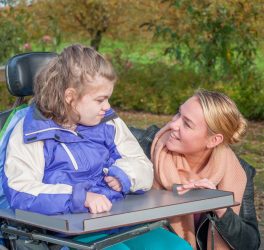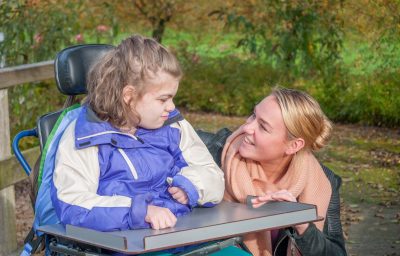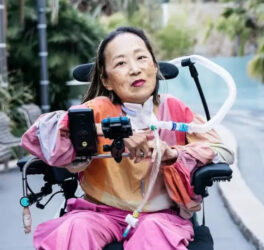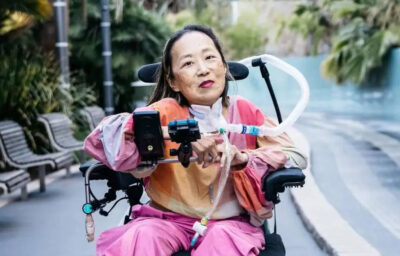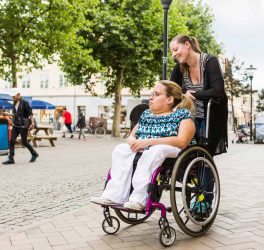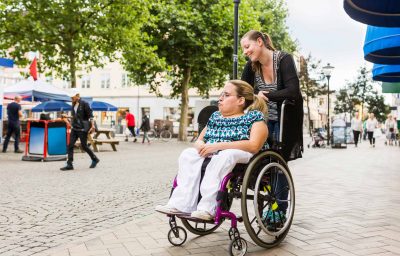
People with learning disabilities are set to benefit from a new study, funded by the NIHR, by the University of Surrey that will examine ways to help them overcome loneliness – which often leads to other underlying medical issues such as heart diseases, obesity, anxiety, and depression.
People with learning difficulties are often the forgotten cohort when it comes to thinking about fighting loneliness, as they often find it difficult to communicate their feelings and struggle to get the help they need.
“Everyone experiences loneliness from time to time but being perpetually lonely can have serious implications for our long-term health, particularly for those with learning disabilities who are seven times more likely to be lonely than non-disabled people.” said Dr Carys Banks, Research Fellow, University of Surrey
To understand the barriers people with learning disabilities encounter in talking about their experiences of loneliness, a series of creative workshops with those with learning disabilities will be run. Such workshops will include creating collages, walking while talking, storytelling and the use of objects that represent feelings of loneliness. Dr Banks will also spend time in four different learning disability services observing and conducting interviews with staff to learn if there is more to be done to ensure those with learning disabilities feel more socially connected.
Dr Banks added: “Although people with learning disabilities may not be socially isolated, even with people around them they can often still feel lonely. By working with staff in learning disability services, we can provide them with the tools to identify and give additional support to those who need it.”
Findings from this study will help create guidance and training that enables staff to help the people they support to develop more social connections.
This study received £456,622.00 from the National Institute for Health and Care Research (NIHR) and will run for five years.



